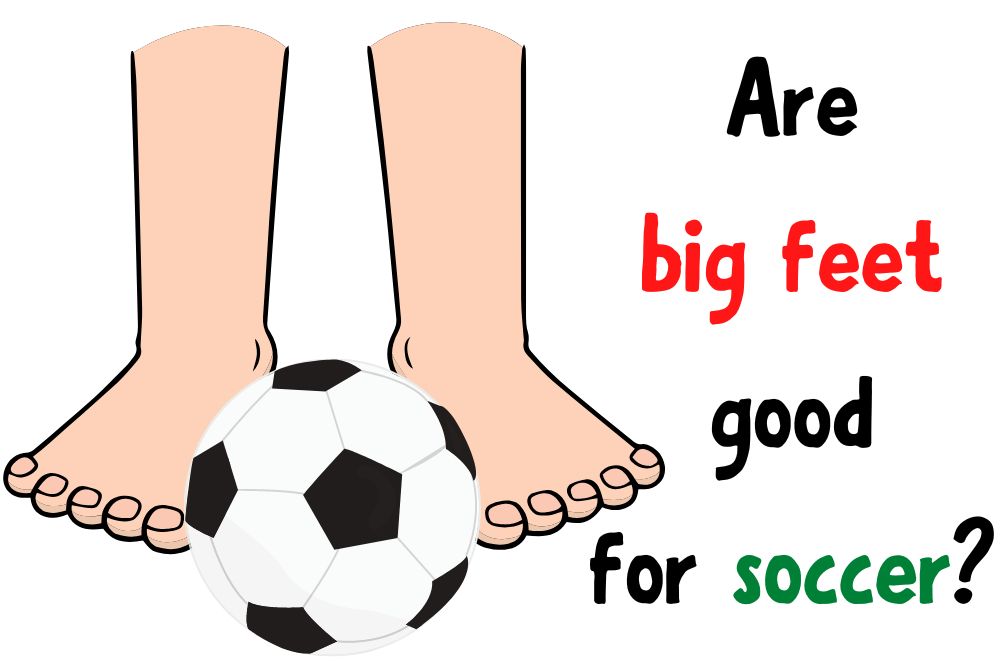Soccer players’ feet come in different sizes, and shapes, and are among the trademarks of their careers. Players use their feet in doing most of the obligatory activities required by soccer, activities such as jogging, running, tackling, dribbling, shooting, and passing.
Players’ feet are often subjected to a daily barrage of kicks, stomps, and injuries. Apart from determining and limiting a player’s soccer shoe size selection, the size of a player’s feet can also dictate their style of play, their speed, and most important of all, their overall stamina.
To extract the best performance from a soccer player, they must be allowed to select and play in the perfect soccer shoe sizes—not too large or too tight. Big feet are good for soccer since it is a fast-paced sport with ample irregular movements and short sprints.
Although having big feet is an asset in soccer, finding the perfect fitting soccer shoes for big-footed players can oftentimes be an adventure. Some big-footed soccer players even get custom-made soccer shoes to enable them to play at their best without discomfort.
In case you may still be wondering if big feet are good for soccer, we have carefully tailored this article with vivid explanations describing why feet size matters in soccer. Below is a summarized list of the pros and cons of big feet in soccer.
Pros of having big feet in soccer
- Increases soccer players’ stamina
- Makes it easier to stop opponents from retrieving the ball
- Increases the player’s ability to turn effortlessly while sprinting
- Big-footed players can take more powerful shots
Cons of having big feet in soccer
- Big-footed soccer players are more susceptible to toe injuries
- Finding well-fitting soccer shoes is often very difficult
- Players with big feet are more vulnerable to waist pain due to stress on the lower body
- Big feet damage soccer shoes more often than small feet
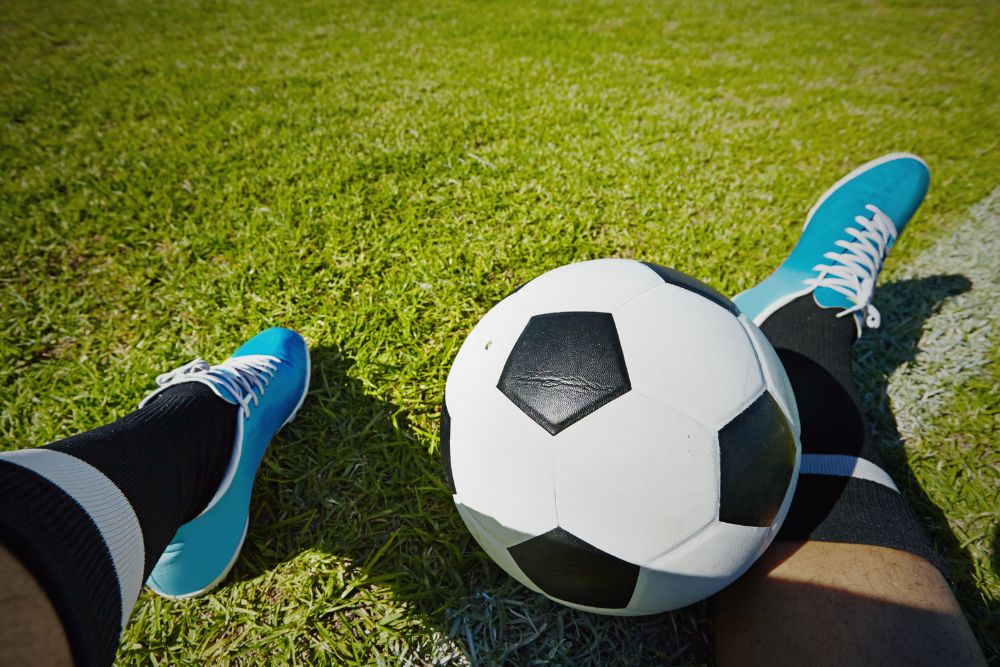
Quick Navigation
What advantages do you have in soccer if you have big feet?
In soccer, the feet represent the lever and mechanism that cushions and propels a player’s momentum. When the elementary role of the feet in humans is considered, it can be seen that variations in feet sizes can affect a soccer player’s performance.
In most cases, the size of the feet is proportionate to the size of the body, which means taller people usually have bigger feet while short people have smaller feet. It cannot be controlled—you simply have to accept whatever foot size you are born with.
It is believed that in soccer, what matters most is the quickness of the feet irrespective of their size. But, putting traction and turning ability into consideration, big feet are an asset because it permits a larger foot surface when kicking, blocking, dribbling, and rolling the ball.
During play, big feet can help a player in barricading an opponent from accessing the soccer ball, unlike small feet which make it difficult to effectively guard the ball against an opponent. It is more likely that players with big feet have faster speed, strength, and endurance.
Soccer players with big feet find it easier to turn while sprinting on the soccer field possibly because they have more traction with the turf than their small-footed counterparts.
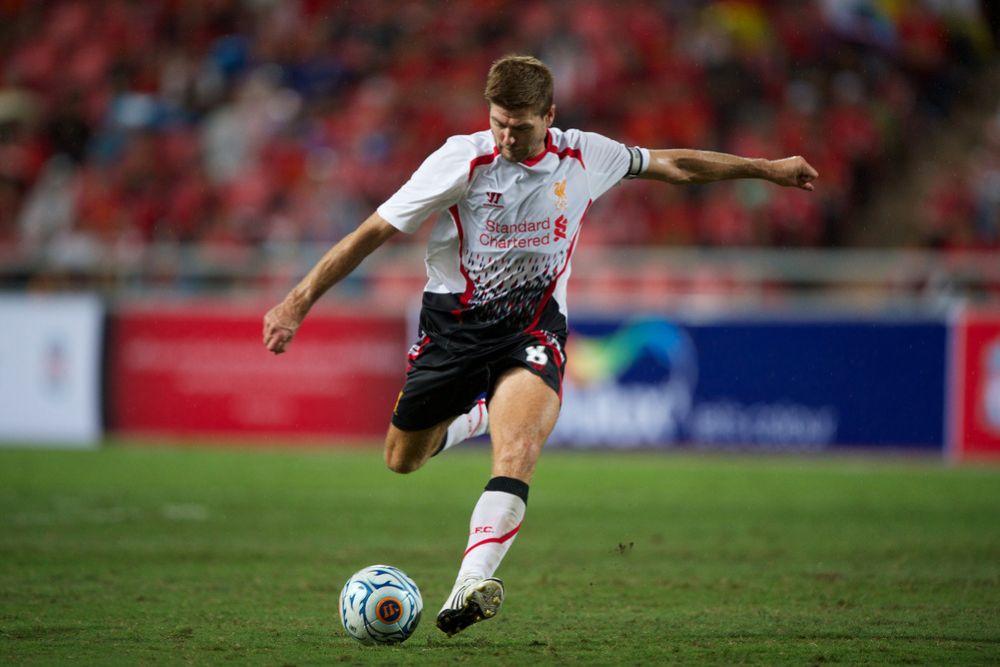
Big feet also have some backdrops which include falling victim to common injuries like tendonitis and plantar which are treatable strained or stretched ligaments.
Having big feet isn’t only valuable in soccer. Other contact sports such as American football, basketball, rugby, and hockey assign special value to big-footed players.
Below is a compilation of famous Premier League players with the biggest foot sizes.
- Peter Crouch
Former English professional soccer star Peter Crouch was a phenomenal striker during his career. He officially announced his retirement from professional soccer at the age of 38 in July 2019.
Peter Crouch is 6 ft 7 (2.01 m) tall and wears size 12.5 boots (EU: 46.5’s, UK 12’s). In Premier League history, he holds the record for most goals scored by heading.
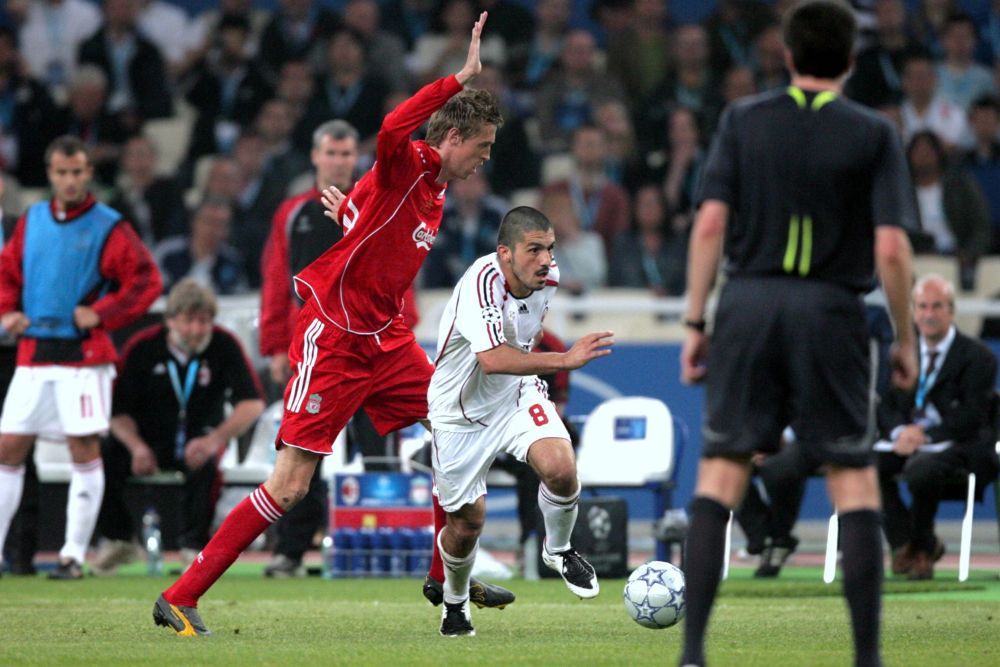
- Romelu Lukaku
He is a professional Belgian soccer player and so far in his soccer career has scored 251 goals in 508 appearances. He is the country’s highest goal scorer to date and is indeed a tremendous player to watch.
In the English premier league, Lukaku has the biggest known feet in the game. He is a Chelsea striker (2021) and dresses in size 14 boots (EU: 48’s, UK: 13.5’s), which makes him stand out amongst other players.
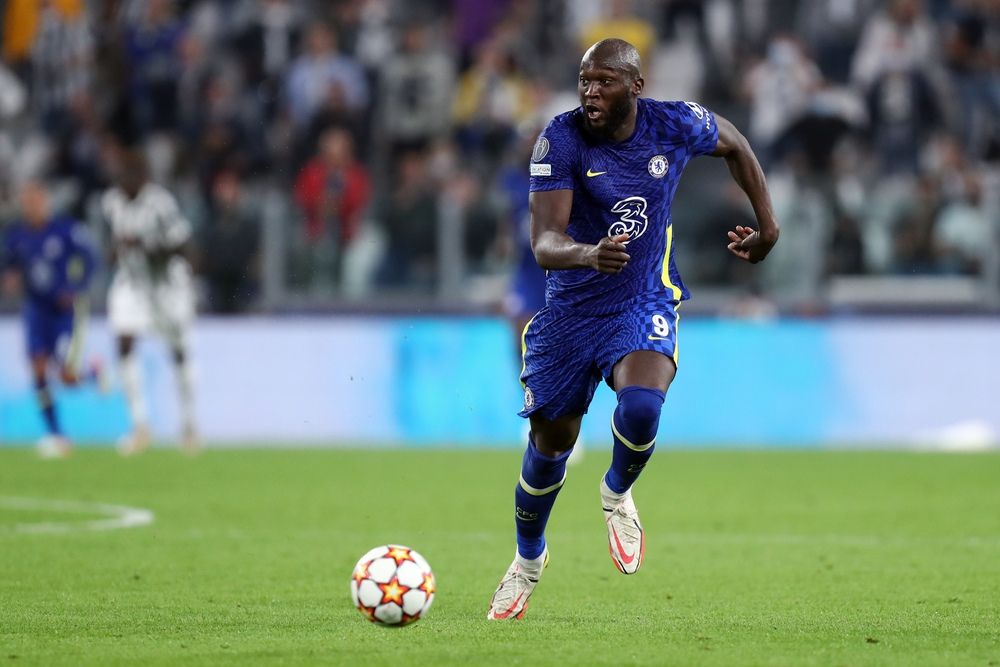
- Fraser Forster
He is a 4-time Scottish Champion, a 3-time Scottish cup winner, and a 1-time Scottish league cup winner. In August 2017 after remaining an unused substitute for a while, Fraser was dropped from England’s national team squad.
Fraser, born in 1988, is an English professional soccer player that plays as a goalkeeper for Southampton in the premier league. He measures 6 ft 7 (2.01) in height and usually suits up in size 12.5 boots (EU: 46.5’s, UK: 12’s).
- Dele Alli
Bamidele Jermaine “Dele” Alli is 6 ft 2 (1.88 m) tall. He plays as a midfielder for Tottenham Hotspur Premier League soccer club.
He has an odd feet size which is why he puts on a size 11 (EU: 45’s, UK: 10.5’s) boot on his left foot and a size 10.5 (EU: 44.5’s, UK: 10’s) soccer boot on his right foot. He has scored 51 goals with 34 assists in 76 appearances.
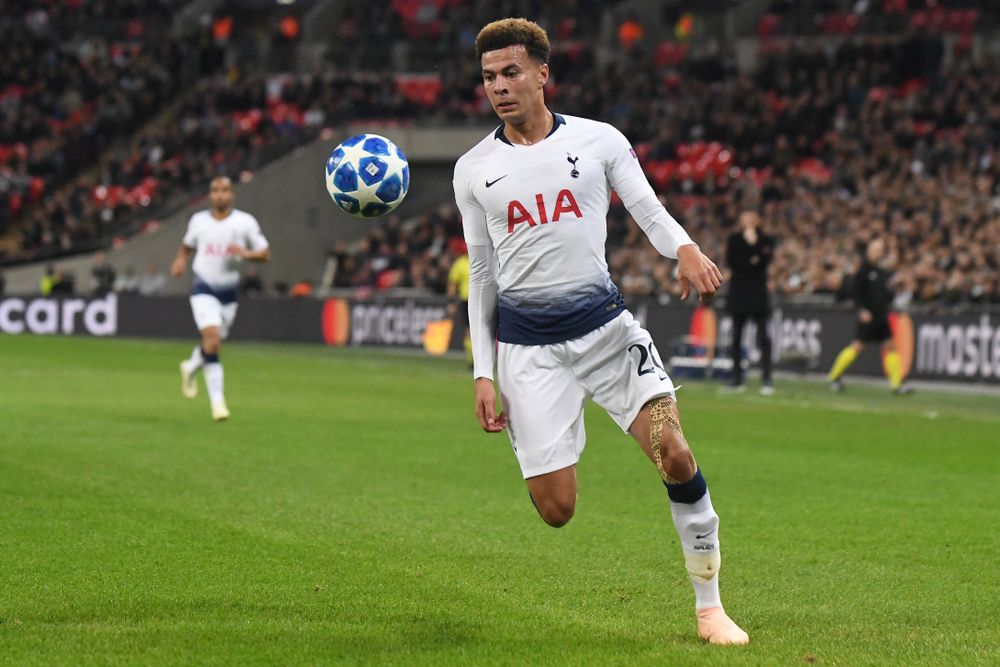
- Paul Pogba
He is a French professional soccer player and Manchester United midfielder. He has scored 28 goals with 36 assists in 141 appearances.
Paul Pogba is not the tallest soccer player in the Premier League but he has an impressive height of 6 ft 3 (1.91 m). He prefers size 11 (EU: 45’s, UK: 10.5’s) Adidas Predator 19+ soccer boots specially designed for optimal ball control.
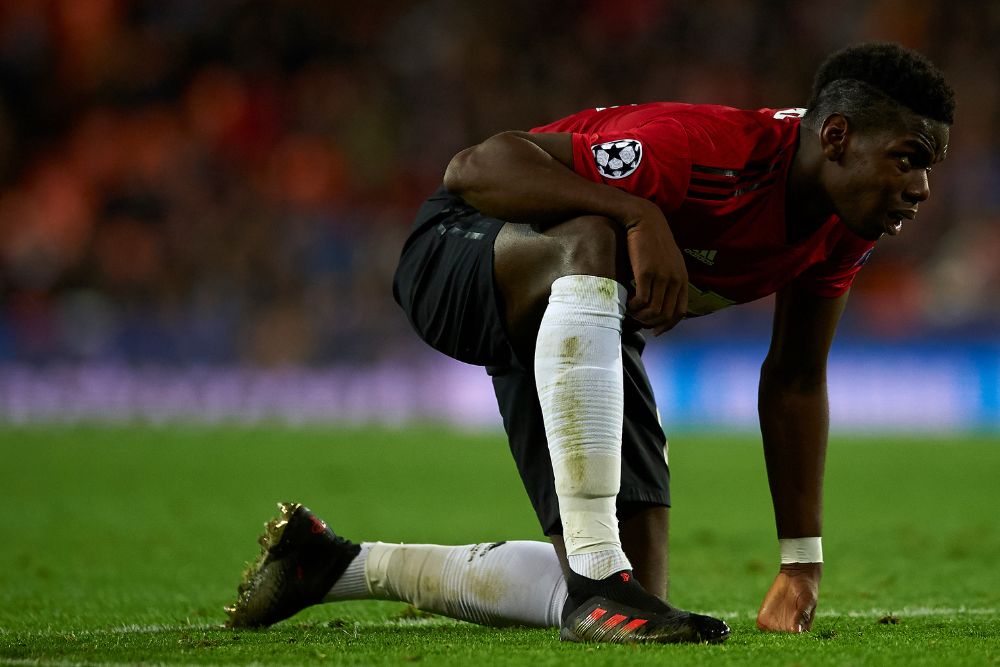
- Kanu Nwankwo
Worthy of mention is former Nigerian national team captain and Arsenal forward, Kanu Nwankwo. He wore the biggest soccer boots on record. Although retired, the memory of his big feet still lingers.
Kanu Nwankwo is 6 ft 5 (1.96 m) tall and prefers size 15 (EU: 49’s, UK: 14.5’s) boots which are bigger than that of Romelu Lukaku. Kanu was exceptionally skillful for his height and had a tremendous level of ball control.
Is having big feet bad for soccer?
Big feet, although have a few drawbacks, are not entirely bad for soccer. The game of soccer is more about skills than physical attributes.
In fact, most of the soccer players that have big feet have turned out to have extraordinary soccer careers and made crucial contributions to both their nation and country.
As a smart soccer player, you should be thinking of ways to combine your natural characteristics with your developed soccer skills for optimal performance.
Big feet also have the advantage of giving proper support and balance to soccer players. If you consider the list of soccer players we mentioned above with the biggest feet, you will notice that they have notable accomplishments and track records.
If you are enthusiastic about playing soccer, having big feet shouldn’t discourage you from chasing your heart’s desire because you might just be the next Romelu Lukaku, Kanu Nwankwo, or even a bigger soccer star.
Conclusion
Soccer players are oftentimes remembered for their physical features while their feet size is frequently out of the picture. The quickness of a soccer player’s feet is more important than the size of his/her feet.
The significance of a soccer player’s mental strength is ranked higher than their feet size. So, if you have been anxious about the size of your feet, you need to start worrying less and focus on building skills because that is likely what people will remember you for.
Hi there, I’m Jay.
Soccer is everything in my life! My friends and I have created this blog with all our enthusiasm, passion, and understanding after years of playing pro soccer. Hope you will enjoy it!
